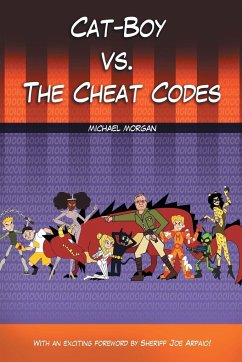Art Morse, a well-known Civil War historian and speaker, delivers a fascinating insight into how a single misjudgment in a now forgotten battle could very well have altered the entire course of the war. Robert E. Lee's first command of the Civil War was to the army of northwest Virginia in August of 1861. His carefully planned combined attack had to be called off because a Confederate colonel, who had successfully led his regiment to the rear of the Cheat Mountain fortifications undetected, believed a captured Union soldier who claimed there were 4,000 soldiers on the mountain. If he had not wavered at this critical moment, the garrison of 1,000 would have been easily captured by the combined surprise attack. In this novel, Morse inserts Colonel James (Jeb) Stuart into the scene to reassure Colonel Rust, and the attacks succeed. Lee then continues his campaign to liberate western Virginia with consequences which influence the entire course of the war. The main historical characters, Lee and Stuart, are portrayed realistically. Lincoln and Jefferson Davis are depicted with both their strengths and faults very evident. The supporting fictional characters are richly drawn. The dialogue is crisp, and humor is evident throughout the book.
Hinweis: Dieser Artikel kann nur an eine deutsche Lieferadresse ausgeliefert werden.
Hinweis: Dieser Artikel kann nur an eine deutsche Lieferadresse ausgeliefert werden.






